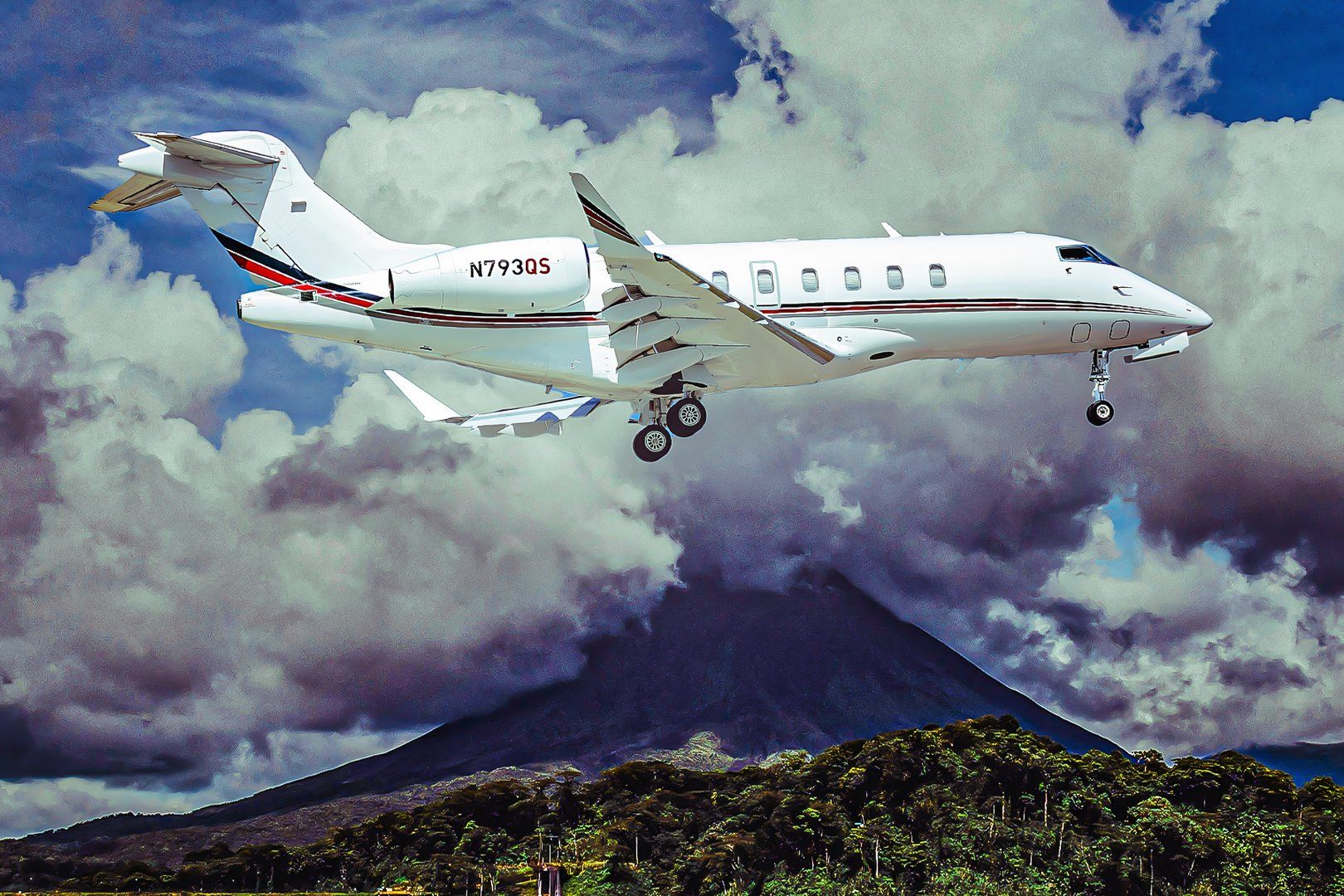In recent years, the private jet industry has skilled a exceptional surge in popularity, driven by a mixture of things including rising wealth, a desire for comfort, and a heightened concentrate on well being and security in the wake of the COVID-19 pandemic. As extra individuals and companies turn to private aviation, the panorama of air journey is evolving, offering new alternatives and challenges for each shoppers and trade players.
Traditionally, private jets had been synonymous with the ultra-wealthy, usually seen as a luxury reserved for celebrities, business tycoons, and authorities officials. Nevertheless, the definition of private jet travel is quickly expanding. Right this moment, a rising variety of companies are providing fractional possession, jet cards, and on-demand charter services, making private aviation accessible to a broader audience. This democratization of private air travel is reshaping how folks suppose about flying.

One of the key gamers in this transformation is the rise of jet card packages. Companies like NetJets, Wheels Up, and VistaJet have introduced fashions that permit prospects to buy flight hours somewhat than owning a complete aircraft. This flexibility appeals to individuals and firms who may not fly steadily enough to justify the costs of possession but nonetheless desire the convenience and effectivity of private travel. The jet card market has seen vital development, with many suppliers reporting elevated gross sales and interest of their providers.
Furthermore, the pandemic has influenced consumer habits in profound ways. If you loved this post and you would like to receive more info relating to private plane travel cost generously visit our own web site. With industrial airlines dealing with operational challenges and health concerns, many travelers have turned to private jets as a safer alternative. The power to avoid crowded airports and minimize contact with others has made private aviation a sexy choice for many who can afford it. Because of this, many private jet companies have reported document demand, with some even struggling to keep up with the influx of bookings.
In accordance with trade studies, the worldwide private jet market is projected to develop significantly over the following decade. Components resembling rising disposable incomes, a rise in high-net-value individuals, and a rising consciousness of the advantages of private travel are anticipated to contribute to this growth. Additionally, the enlargement of air charter providers and the development of recent applied sciences, corresponding to electric and hybrid aircraft, are poised to further enhance the appeal of private aviation.
Nevertheless, the speedy development of the private jet trade has not come without its challenges. Environmental concerns are on the forefront of discussions surrounding private aviation, as critics highlight the carbon footprint associated with private flights compared to commercial travel. In response, many corporations are exploring sustainable aviation solutions, together with the usage of sustainable aviation fuels (SAF) and investments in more gasoline-efficient aircraft. Some firms are also implementing carbon offset packages to mitigate their environmental influence, appealing to eco-aware travelers.
The aggressive landscape of the private jet trade can also be evolving, with new entrants repeatedly rising. Startups akin to Blade and JetSuite have launched innovative business models, including shared flights and on-demand companies, which have disrupted traditional practices. These companies leverage know-how to streamline the booking process, making it simpler for customers to access private aviation services. As competition increases, established players are being compelled to adapt and innovate so as to maintain their market positions.
Moreover, the COVID-19 pandemic has accelerated the adoption of digital platforms inside the private aviation sector. Many corporations are investing in expertise to reinforce the customer experience, from seamless booking apps to personalised in-flight providers. Digital actuality and artificial intelligence are additionally being integrated into the customer journey, allowing travelers to customise their experiences and streamline their journey plans.
As the private jet business continues to grow, the impression on the broader aviation sector is undeniable. Business airways are beginning to take notice of the altering landscape, with some exploring partnerships with private aviation companies and even launching their very own private jet services. This convergence of business and private aviation could result in new synergies and opportunities for travelers, making it simpler to transition between totally different modes of air journey.
While the way forward for private aviation appears shiny, it is essential for the trade to handle the challenges it faces, notably regarding sustainability and inclusivity. As the demand for private jets continues to rise, stakeholders must work collaboratively to develop options that stability luxurious travel with environmental accountability. The industry’s potential to innovate and adapt will finally decide its long-time period success.
In conclusion, the private jet trade is undergoing a significant transformation, driven by altering consumer preferences, technological advancements, and a renewed concentrate on well being and safety. As more travelers search the convenience and adaptability of private aviation, corporations are responding with innovative solutions that cater to a various clientele. While the industry faces challenges, notably when it comes to sustainability, the future of private jet travel seems promising as it continues to evolve and adapt to the wants of fashionable travelers. Whether for enterprise or leisure, private jets are redefining the way in which we think about air journey, making it an more and more viable possibility for these in search of a luxurious and environment friendly flying experience.

Leave a Reply